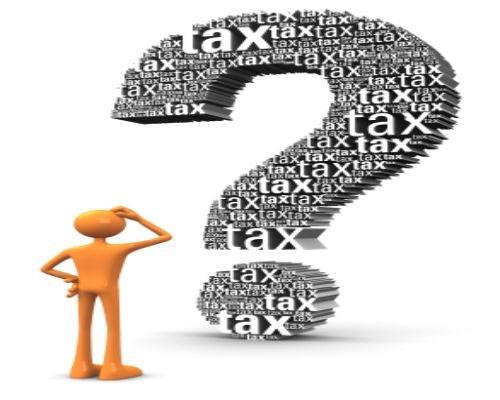
Capital gains on stock and mutual funds, even those held for more than a year is proposed to be taxed. Also, capital gains could become part of total income after allowing a deduction at a specific percentage of capital gains without any indexation.
The draft document of the Direct Tax code has been released, and is a mixed bag for investors. Taxation on capital gains of stocks and mutual funds is the spoilt sport amidst various benefits for investors such as no tax on retirement benefits.
This document does not give details on the tax slabs or the rates which were provided in the first draft released in August, 2009. Some of the details outlined include
- Retirement benefits, subject to certain limits, such as gratuity, amounts received under VRS, encashment of leave at the time of retirement among other things, will not be subject to tax.
Impact: This is a new to the DTC and is a big positive as it will leave more money in the hands of the individual.
- Capital gains on stock and mutual funds, even those held for more than a year is proposed to be taxed. Also, capital gains could become part of total income after allowing a deduction at a specific percentage of capital gains without any indexation.
Impact: This is a big negative for investors in stock and mutual funds because currently there is no tax on long term capital gains and also short term capital gains will be added to income and hence will be taxed as per the slab of income you find yourself as against a standard rate earlier.
- Withdrawals from provident funds, pension funds and life insurance schemes will not be taxed
Impact: This is status quo as was in the Income Tax Act. This is a significant positive for individuals as if it was taxed; tax outflow would increase thereby impacting returns.
- Exemption on interest up to Rs 1.5 lakh per annum on housing loans will continue
Impact: This is status quo and will continue to encourage individuals to buy a house for themselves.
Plan of Action
Suggestions are invited on the draft document till the end of June post which the Bill will be bought before Parliament in the monsoon session. Once accepted and passed by the Parliament, DTC will replace the archaic Income Tax Act and will be implemented from April 1, 2011.